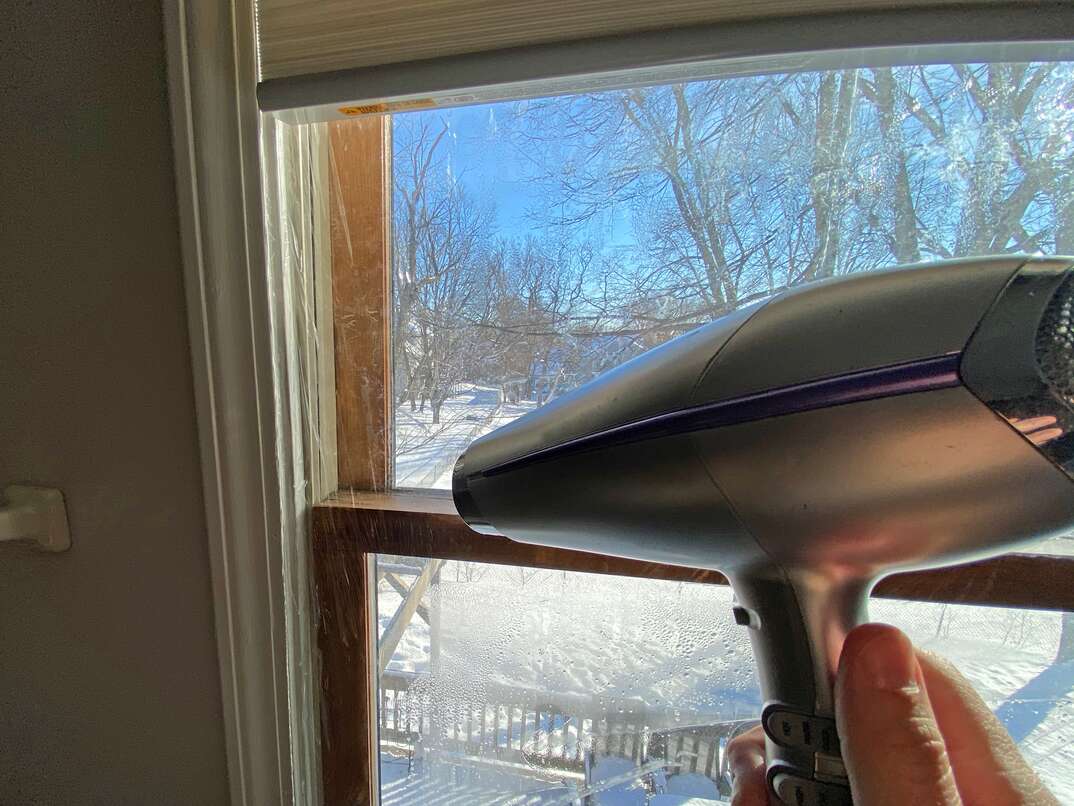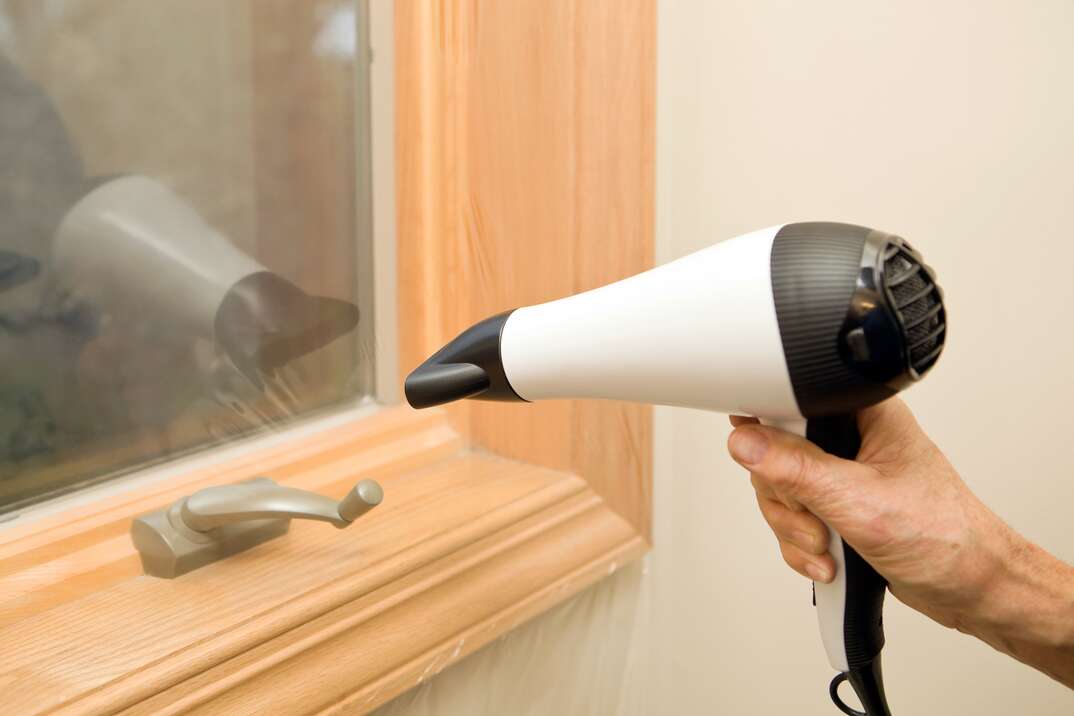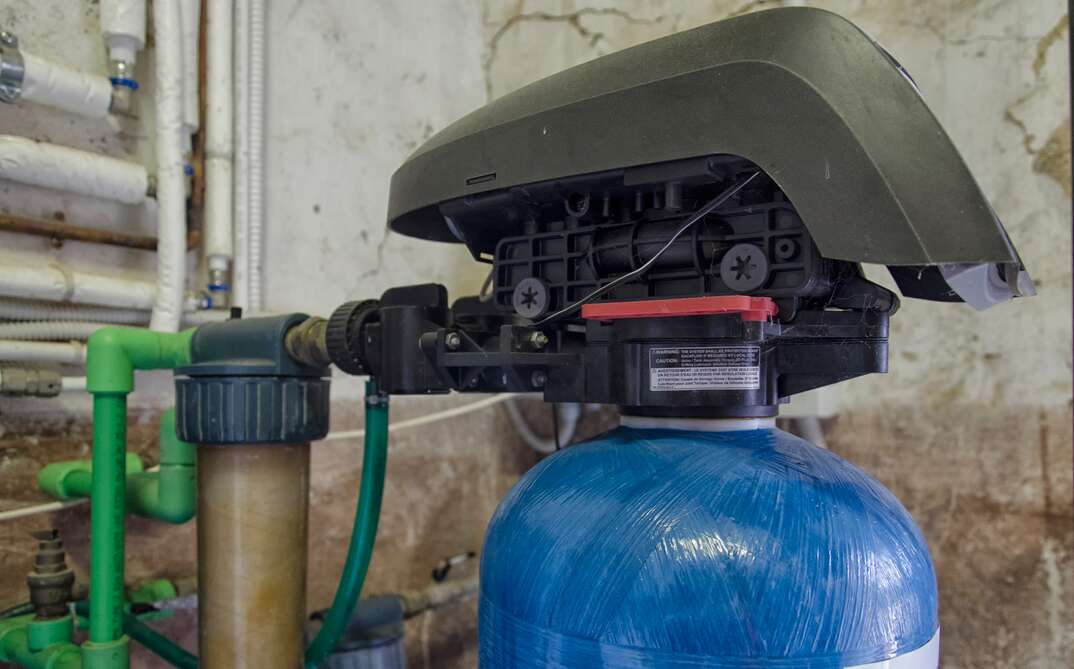Selling Soon? Here Are 11 Upgrades You Should Make to Boost Home Value
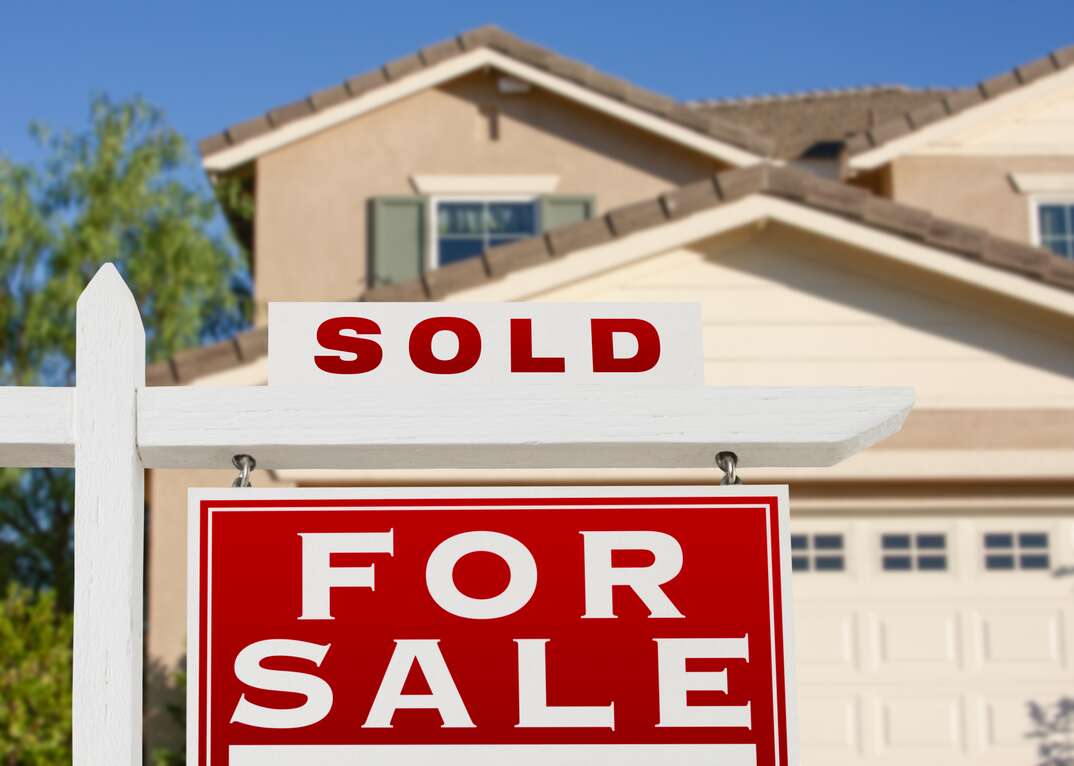
As a savvy homeowner, you probably see your home as a place to rest your head for the next 10 or 20 years. You may also think of your home as a vessel for building wealth via equity appreciation. With some legwork and cost-effective upgrades, you can increase the value of your home so that you get top dollar for it when the market is hot.
This May Also Interest You: What to Expect When They’re Inspecting: Your Home-Inspection Checklist
That said, you don’t want to waste money on unnecessary upgrades or throw money toward projects that won’t give you a great return on your investment. Here’s a rundown of some of the most popular and sought-after updates to help you get the most out of your home — plus some tips for how to increase home value no matter your budget.
Top Tips to Increase Home Value
1. Beautify Your Home
When you’re trying to sell, you should think like a buyer. Make your house attractive, inside and out, in any way your budget will allow. As a bonus, you get to enjoy all that beauty until you’re ready to sell.
Staging your home is a good option if you’re already trying to sell your home. Staging involves cleaning, painting, fixing obvious trouble areas and adding furniture and accents that showcase each room to its fullest. Staging the living room, kitchen and master suite are the most popular renovation targets for homeowners. Effective staging can increase the average offer you receive on your home by up to 10%, according to the National Association of Realtors. So, if your home would ordinarily sell for $250,000, you might get up to $25,000 more for it just by staging it.
If you can afford it, remodeling can add a lot of beauty to your home. For just north of $20,000, you can undertake a mid-level kitchen remodel that involves replacing appliances, sinks, cabinets and flooring.
2. Clear the Clutter
Clutter has a huge negative impact on your home’s value in the minds of potential buyers. Clutter makes your home look unloved, unkempt and small. Get organized by reducing the amount of stuff in your home. If you don’t really need it, get rid of it or put it in storage. Less is more when you’re showing your home to buyers. Plus, it’s easier for buyers to envision themselves living in your home if there are fewer of your personal things lying around.
3. Expand the Square Footage
If it’s within your budget, expanding the square footage of your home is one of the best ways to increase its value. Bigger homes are sold for more just on the basis of square footage. In 2018, homes brought an average of $130 per square foot, according to the National Association of Realtors. An extra bathroom is always a popular addition among buyers with big families.
Many buyers are looking for homes to house more than just their immediate family. Mother-in-law suites (sometimes referred to as grandpa flats) can be quite appealing to buyers who are now taking care of an aging relative.
Another nice expansion is a dedicated laundry room — preferably on the ground level if you have a multistory home. Doing laundry in the basement feels outdated to today’s buyers, and many appreciate having laundry facilities in a more convenient space.
If you can’t afford to add on to your home to give it more square footage, consider making it feel larger. Sometimes, taking down a few walls and opening your space can give the illusion of more room. Painting the room a light color and adding lots of mirrors can help, too. Rip down old, heavy drapes that make your room look smaller and replace them with vertical blinds that allow more sun to penetrate the room.
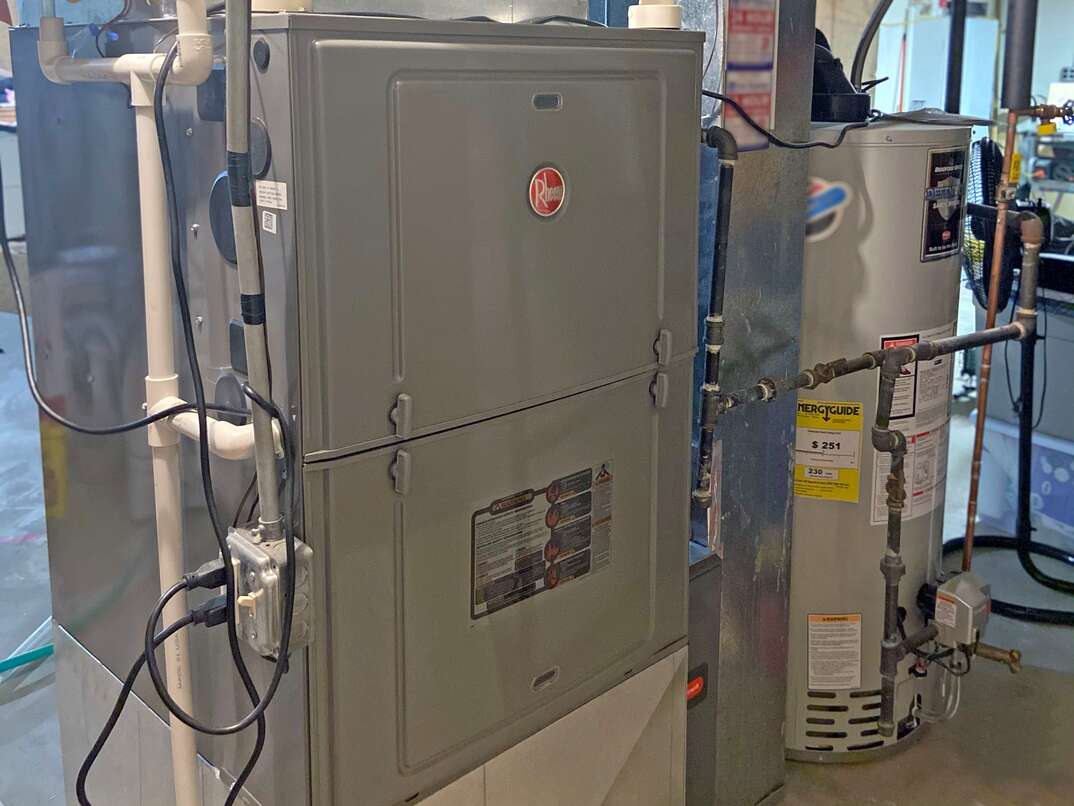
4. Consider a Home System Reno
Maintenance issues are always a concern among homebuyers. They want to know that a home’s major systems are set to run efficiently and without the need for repair for at least several years after purchase. Update systems such as the air conditioning, heating, water heater and garbage disposal. This will provide potential buyers with the peace of mind that they can move in and enjoy their home without any repair costs or downtime.
If you can’t update whole systems due to budgetary constraints, try to improve efficiency where you can. Schedule an HVAC (heating, ventilation and air conditioning) inspection to ensure that these systems are running at optimal capacity. Supplement whole-house HVAC systems with ceiling fans. A ceiling fan can help circulate cold air from your AC in the summer and warm air from your heating system in the winter.
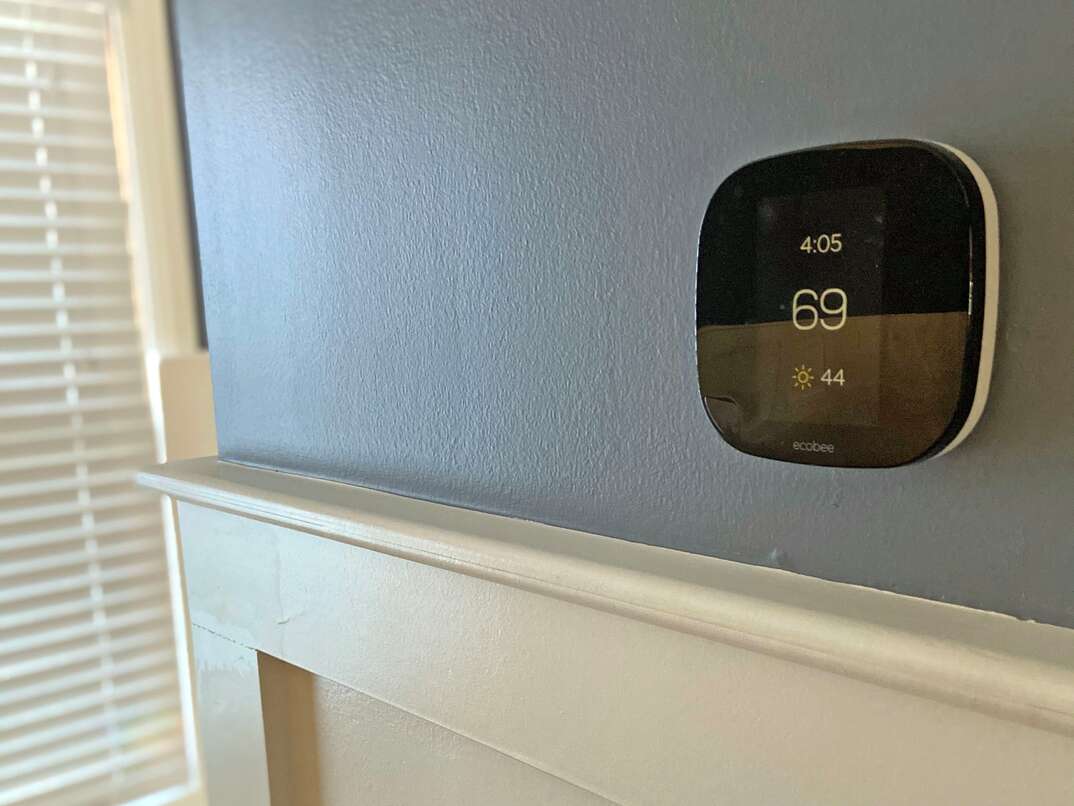
5. Geek Your Pad
Adding high-tech components to your home can bring it into the modern era. Many homebuyers — especially millennial buyers — have an interest in smart homes and are fascinated by the notion of controlling their homes with various gadgets and technology. Consider installing smart fire and carbon monoxide detectors, programmable thermostats, security cameras or app-controlled locks and light fixtures. If possible, install a whole-home generator. This will increase marketability and value. It also gives buyers peace of mind that life will go on in the event of a power failure.
Budget not big enough for major tech upgrades? Even an affordably priced programmable thermostat or home security system is useful in creating the impression among buyers that the home is modern.
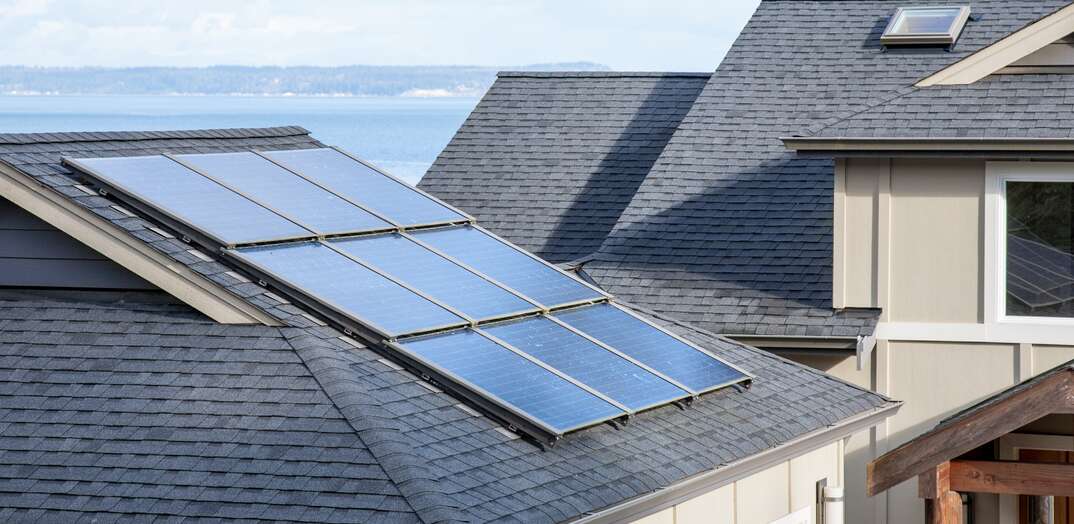
6. Go Greener
These days, a lot of buyers are thinking eco-consciously. Making your home more energy-efficient is a great way to market to them. Many buyers are looking for ways to live more sustainably and reduce their carbon footprints. Because of this, energy-smart renovations such as Energy Star appliances, efficient HVAC systems, solar panels, low-flow fixtures, improved windows and doors and energy-efficient siding can become selling points. As a bonus, these green upgrades will help you save money on your heating, cooling and other utility bills while you’re still living in the home.
If you don’t have money for a whole slew of eco updates, ask your local utility provider for an energy audit of your home. An audit can reveal the best methods for making your home more energy-efficient, which can make it more marketable to buyers concerned with utility costs.
7. Clear the Air
Indoor air quality is becoming a buzzword among buyers. Make sure your home’s indoor air quality is up to standard by hiring professionals to run air quality tests. The results may point out elements of your home that may be contributing to poor air quality, such as old carpets. New hard-surface flooring, such as wood, tile or laminate, can give formerly carpeted rooms a brand-new look that buyers will appreciate.
More Related Articles:
- What Is a Home Improvement Loan and How Do You Get One?
- Gimme a Tax Break: 5 Thing to Know to Get the Latest HVAC Tax Credits and Rebates
- Best Ways to Upgrade Your Home for Under $150
- 5 Finished Basement Ideas For Your Home
- How Much Does a Kitchen Remodel Cost?
8. Consider Non-Cosmetic Improvements
When you're thinking about how to increase home value, it doesn’t have to be all about what the buyer will see. If you have an outdated electrical system, termite infestation, roof with missing shingles or plumbing system on its last legs, fixing these problems can increase your home’s value and make it seem more appealing to potential homebuyers. A home inspection may reveal issues you didn’t realize existed, which can have a negative effect on the value of your home. If internal problems remain unchecked — such as a slab leak in your plumbing system — they can become a real drain on your wallet over time.
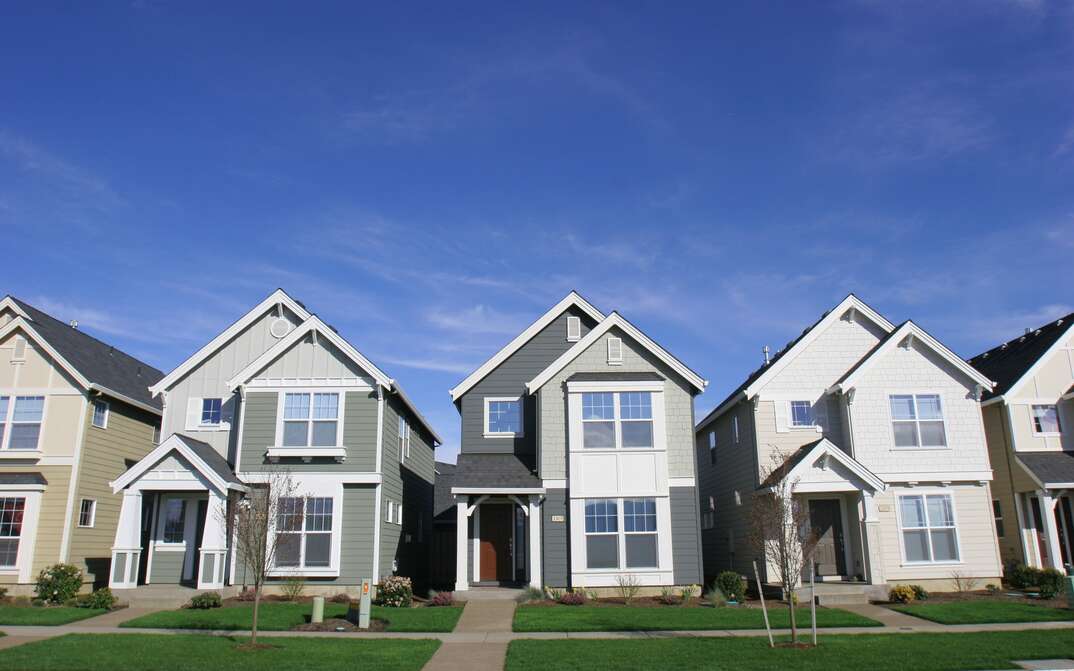
9. Take in the View From the Curb
Although it may sound cliché, curb appeal is paramount. The view from the curb is perhaps the most important because it is the first thing a buyer sees — and you know what they say about first impressions. Many buyers view the state of the home’s exterior as a strong indicator of how meticulously the interior of the home has been kept. Showing pride in ownership in the exterior can position you as a good steward of your whole property.
Pull the weeds, rake the leaves and give the shrubs a good once-over to remove overgrowth. Again, try to think like a buyer to determine which updates or fixes your home needs to improve its curb appeal. Walk around your home and look for small things that may be seen as neglect, such as a hole in a screen, a broken shutter or chipped paint. Consider touching up or painting your whole home for an instant facelift. Pressure washing the siding can reveal a more beautiful home as well.
Here are some other things you can do to spruce up your home’s exterior:
- Clean out the gutters
- Replace loose roofing shingles
- Add colorful flowers and landscaping
- Add rock gardens or other components to add visual interest to the lawn
- Put fresh mulch in flower beds
- Plant shrubs and trees
- Paint your door a bold color or replace it altogether
- Add a wreath to your front door
- Create a relaxing look on the porch with furniture and plants
- Upgrade exterior lighting
- Add lighting to flower beds
- Replace a dated or malfunctioning garage door
- Powerwash the driveway
10. Don’t Forget the Garage and Basement
Homes with garages and basements bring more than those without them, so it’s important to give these spaces a little TLC too. Declutter these areas and get rid of any junk that’s accumulated over the years. Make sure that the garage is empty enough that potential buyers can envision themselves parking there. Paint your basement a light, neutral color and add other fresh elements to make it look brighter.
11. Make Accessibility Upgrades
If you plan to be in your home until 2040 or later, you may want to consider making your home marketable to the 80 million aging members of the U.S. population. Accommodations for seniors will be a big priority in real estate. Walk-in tubs, wide doors that can accommodate walkers and wheelchairs, comfort-height toilets and first-story bedrooms are all big selling points for folks who wish to live independently as they age.
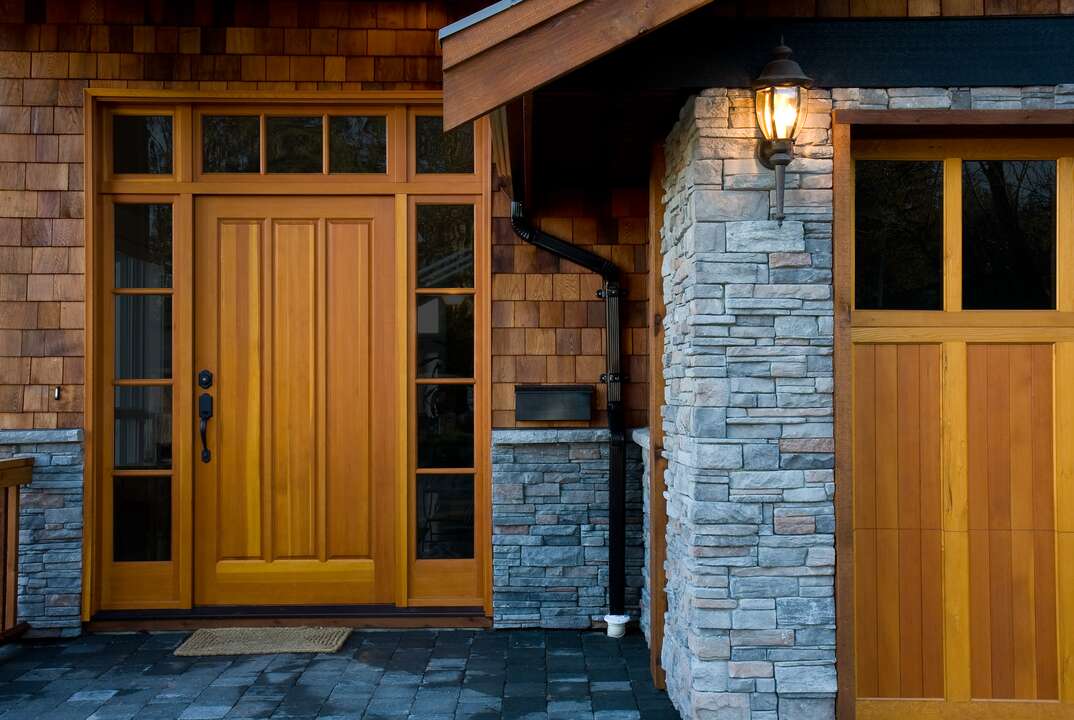 -------------------------------------------
-------------------------------------------
What Renovations Increase Home Value the Most?
When it comes to recouping the cost of renovations through increased home value, some upgrades are more lucrative than others. According to data from Remodeling Magazine, replacing an old, worn garage door is a top upgrade. You can expect a return on investment of up to 97.5%. Other top renovations include:
- Adding exterior stone veneer: 94.9% ROI
- Adding a wooden deck: 75.6% ROI
- Replacing siding: 75.6% ROI
- Replacing an entry door: 74.9% ROI
How Much Should You Spend on New Home Upgrades?
As a rule of thumb, go for those renovations that will allow you can recoup the most money — unless the renovation is one that will increase your family’s enjoyment of your home. If you plan to be in your home for more than five years, make any upgrades you want, as long as you can afford them. However, if you plan to sell ASAP, focus on those that will give you the maximum ROI.
Since we’re all home now more than ever, being prepared for unexpected home repairs with a plan from HomeServe is important. Having a plan in place gives you peace of mind knowing that you can simply call our 24/7 repair hotline for covered breakdowns. See what plans are available in your neighborhood.
